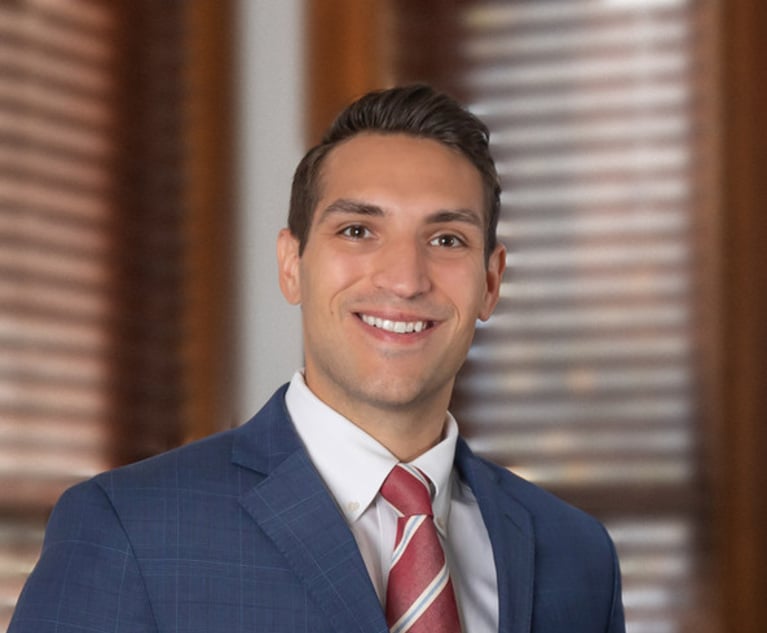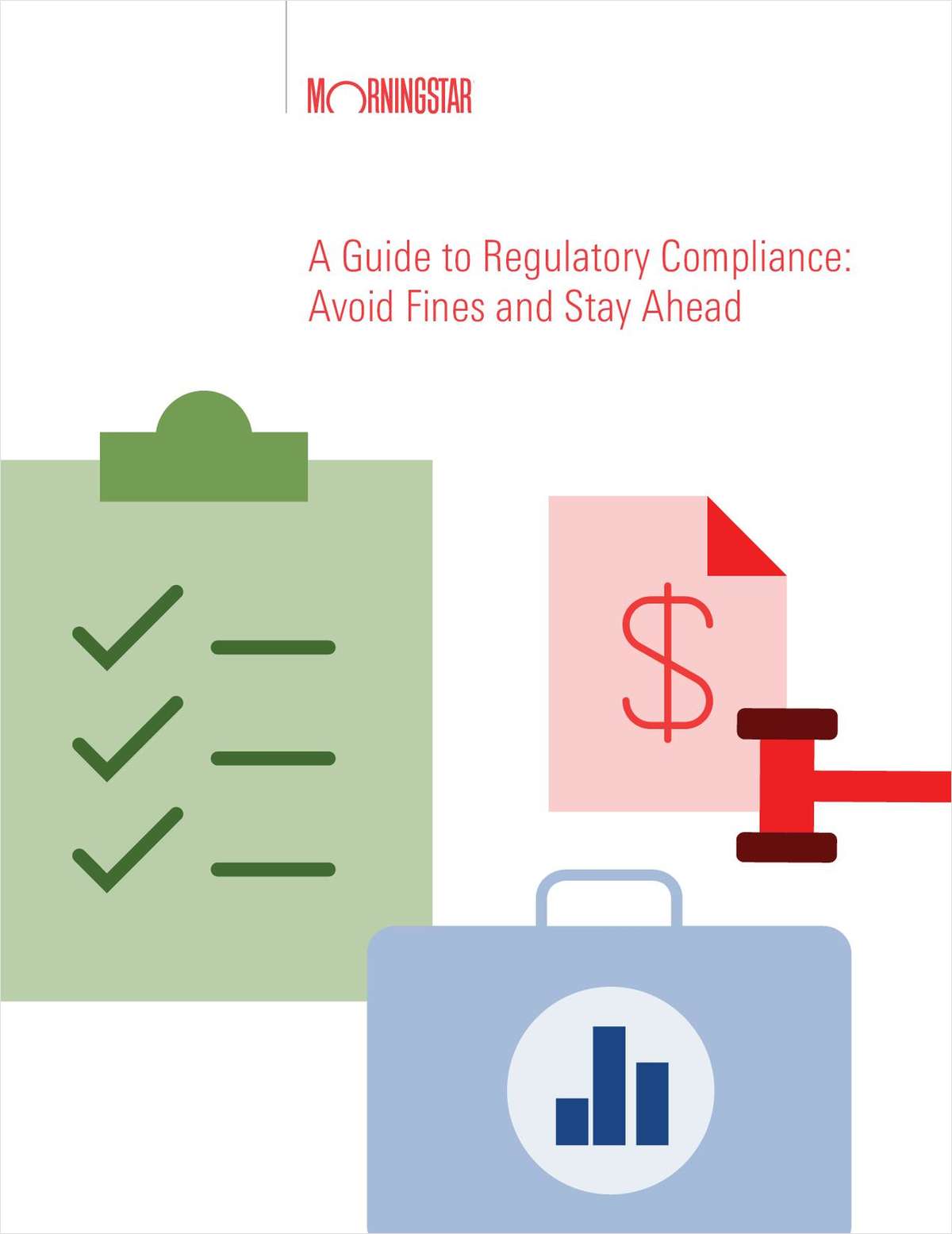Plaintiffs Notch Trial Win in Overtime Wage Fight Against IT Provider
A judge will soon determine how much the class of nearly 1,000 current and former IT professionals will receive in monetary damages from Computer Sciences Corp.
December 21, 2017 at 03:22 PM
3 minute read

A nine-person federal jury in New Haven ruled unanimously late Wednesday that a leading multinational IT provider failed to pay overtime to about 1,000 system administrators.
The jury found that the workers in the class-action suit filed against Computer Sciences Corp., which recently merged with Hewlett Packard Enterprise Services to become DXC Technology, illegally denied overtime pay to current and former technology support workers around the country. After deliberating for two days, the jury rejected CSC's claims that its system administrators fall under “associate professional” and “professional” job titles exempt under federal, Connecticut and California wage laws. The jury found the workers should have been classified as nonexempt employees and paid overtime.
The case will now proceed to the damages phase where U.S. District Judge Janet Bond Arterton will determine how much each class member is owed. The classes hail from Connecticut and California.
Jahan Sagafi, one of 10 attorneys representing the plaintiffs, said Thursday he expects damages to be in the “tens of millions of dollars. It will all be based on data the company will be producing in the next month.”
CSC is represented by Jackson Lewis.
Attorneys for the plaintiff class said in a written statement that their clients deserve to be adequately compensated. “These system administrators' hard work for CSC and its clients is a significant driver of CSC's profits and success, and they deserve to be fairly compensated,” said Todd Jackson, of Feinberg, Jackson, Worthman & Wasow, in a press release Thursday.
Sagafi, a partner with Outten & Golden LLP in San Francisco, said the jury verdict should be looked at as a warning to other companies who do not pay their employees the overtime to which they are entitled.
“These types of trials do not happen all the time,” Sagafi said. “The fact that it happened is unusual and should be a reminder to companies that there are workers and lawyers out there who are willing to go toe-to-toe with them and take it all the way to a jury, if necessary.”
Sagafi said the practice of not paying certain employees for overtime worked has become increasingly common. “There is a huge battle out there for fair pay for American workers,” he said. “The more companies can classify people as exempt, the more opportunity they have to squeeze more hours for the same pay and save money.”
In the CSC case, specifically, Sagafi said the company tried to use all three exemptions under federal law. Those exemptions, he said, are: administrative, for people who make rules and policies and discretionary decisions; computer professionals, primarily for programmers and architects; and learned professionals, or people with specialized advanced degrees, such as accountants and doctors.
But, Sagafi said, “no one in the class fit in any of those exemptions.”
In October, Arterton declined to revoke class certification to a subclass of plaintiffs. The subclass—associate professionals and professional system administrators—had joined a class action alleging the company had misclassified its exemption status. CSC argued the subclass should be decertified, arguing that lead plaintiff Joseph Strauch was an inadequate class representative.
The plaintiffs are represented by attorneys from Outten & Golden; Feinberg, Jackson, Wortham & Wasow; and Lieff Cabraser Heimann & Bernstein.
Fifteen Jackson Lewis attorneys from throughout the country worked on the case. The firm's public relations office did not respond to a request for comment.
This content has been archived. It is available through our partners, LexisNexis® and Bloomberg Law.
To view this content, please continue to their sites.
Not a Lexis Subscriber?
Subscribe Now
Not a Bloomberg Law Subscriber?
Subscribe Now
NOT FOR REPRINT
© 2025 ALM Global, LLC, All Rights Reserved. Request academic re-use from www.copyright.com. All other uses, submit a request to [email protected]. For more information visit Asset & Logo Licensing.
You Might Like
View All
Second Circuit Upholds $5M Judgment Against Trump in E. Jean Carroll Case
4 minute read

Art of the Settlement: Trump Attorney Reveals Strategy in ABC Lawsuit
Trending Stories
- 1Decision of the Day: Uber Cannot Be Held Vicariously Liable for Driver's Alleged Negligent Conduct
- 2TikTok Law and TikTok Politics
- 3California Supreme Court Vacates Murder Conviction in Infant Abuse Case
- 4New York’s Proposed Legislation Restraining Transfer of Real Property
- 5Withers Hires Lawyers, Staff From LA Trusts and Estates Boutique
Who Got The Work
Michael G. Bongiorno, Andrew Scott Dulberg and Elizabeth E. Driscoll from Wilmer Cutler Pickering Hale and Dorr have stepped in to represent Symbotic Inc., an A.I.-enabled technology platform that focuses on increasing supply chain efficiency, and other defendants in a pending shareholder derivative lawsuit. The case, filed Oct. 2 in Massachusetts District Court by the Brown Law Firm on behalf of Stephen Austen, accuses certain officers and directors of misleading investors in regard to Symbotic's potential for margin growth by failing to disclose that the company was not equipped to timely deploy its systems or manage expenses through project delays. The case, assigned to U.S. District Judge Nathaniel M. Gorton, is 1:24-cv-12522, Austen v. Cohen et al.
Who Got The Work
Edmund Polubinski and Marie Killmond of Davis Polk & Wardwell have entered appearances for data platform software development company MongoDB and other defendants in a pending shareholder derivative lawsuit. The action, filed Oct. 7 in New York Southern District Court by the Brown Law Firm, accuses the company's directors and/or officers of falsely expressing confidence in the company’s restructuring of its sales incentive plan and downplaying the severity of decreases in its upfront commitments. The case is 1:24-cv-07594, Roy v. Ittycheria et al.
Who Got The Work
Amy O. Bruchs and Kurt F. Ellison of Michael Best & Friedrich have entered appearances for Epic Systems Corp. in a pending employment discrimination lawsuit. The suit was filed Sept. 7 in Wisconsin Western District Court by Levine Eisberner LLC and Siri & Glimstad on behalf of a project manager who claims that he was wrongfully terminated after applying for a religious exemption to the defendant's COVID-19 vaccine mandate. The case, assigned to U.S. Magistrate Judge Anita Marie Boor, is 3:24-cv-00630, Secker, Nathan v. Epic Systems Corporation.
Who Got The Work
David X. Sullivan, Thomas J. Finn and Gregory A. Hall from McCarter & English have entered appearances for Sunrun Installation Services in a pending civil rights lawsuit. The complaint was filed Sept. 4 in Connecticut District Court by attorney Robert M. Berke on behalf of former employee George Edward Steins, who was arrested and charged with employing an unregistered home improvement salesperson. The complaint alleges that had Sunrun informed the Connecticut Department of Consumer Protection that the plaintiff's employment had ended in 2017 and that he no longer held Sunrun's home improvement contractor license, he would not have been hit with charges, which were dismissed in May 2024. The case, assigned to U.S. District Judge Jeffrey A. Meyer, is 3:24-cv-01423, Steins v. Sunrun, Inc. et al.
Who Got The Work
Greenberg Traurig shareholder Joshua L. Raskin has entered an appearance for boohoo.com UK Ltd. in a pending patent infringement lawsuit. The suit, filed Sept. 3 in Texas Eastern District Court by Rozier Hardt McDonough on behalf of Alto Dynamics, asserts five patents related to an online shopping platform. The case, assigned to U.S. District Judge Rodney Gilstrap, is 2:24-cv-00719, Alto Dynamics, LLC v. boohoo.com UK Limited.
Featured Firms
Law Offices of Gary Martin Hays & Associates, P.C.
(470) 294-1674
Law Offices of Mark E. Salomone
(857) 444-6468
Smith & Hassler
(713) 739-1250











